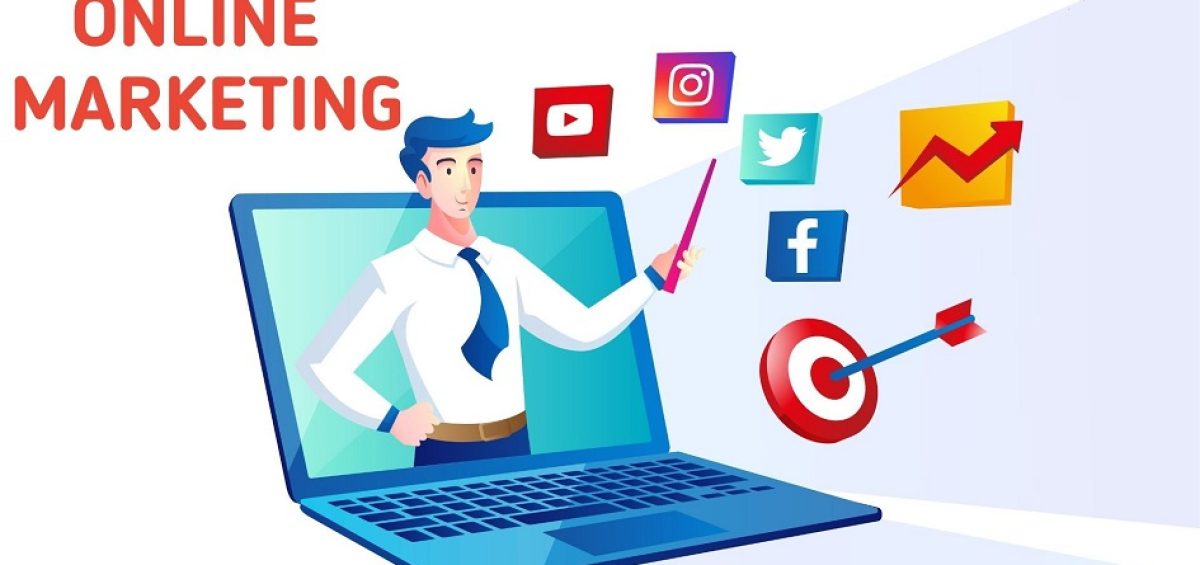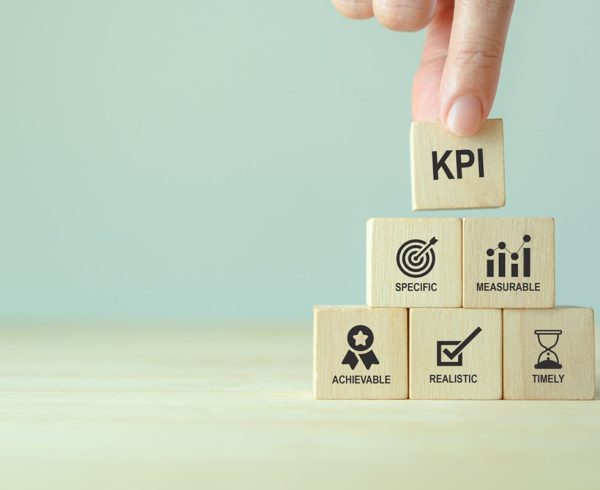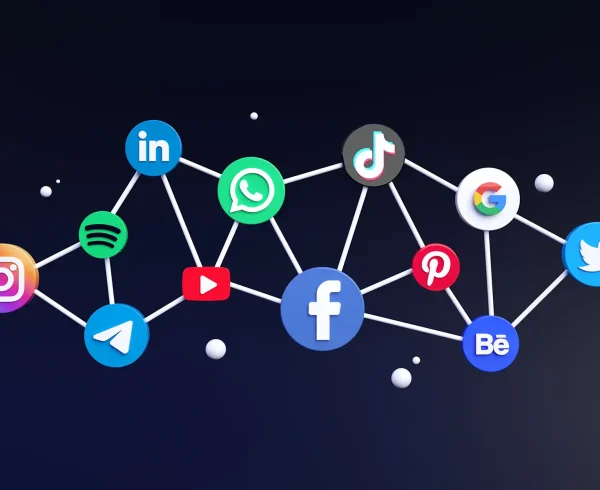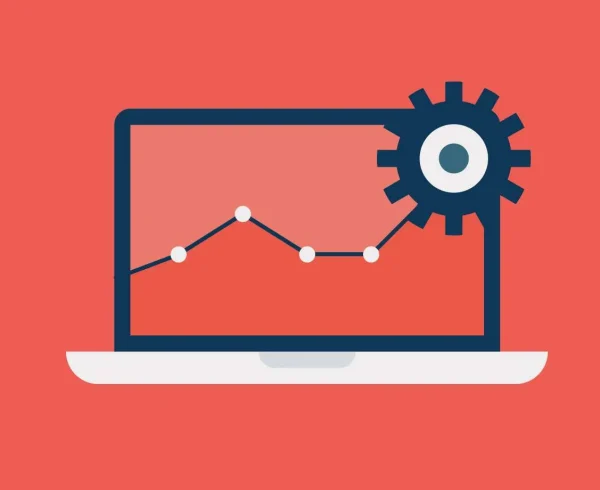In today’s digital-first world, online marketing business has become a cornerstone of success for small businesses. With limited resources and increasing competition, small business owners must navigate a complex landscape of digital platforms, tools, and strategies to connect with their audience and drive growth. Unlike traditional advertising, internet marketing offers unparalleled opportunities for targeted engagement, real-time feedback, and measurable results.
From social media campaigns and search engine optimization (SEO) to email marketing and content creation, internet marketing provides small businesses with the tools to level the playing field against larger competitors. However, the sheer number of available options can be overwhelming, leaving many business owners unsure of where to begin or how to allocate their resources effectively.
This comprehensive guide is designed to simplify the process and empower small businesses to develop an effective internet marketing strategy. Whether you’re a startup looking to establish an online presence or a seasoned business seeking to refine your approach, this guide will equip you with actionable insights and practical tips to achieve success. By focusing on cost-effective strategies, maximizing ROI, and building meaningful connections with your audience, you can harness the power of internet marketing to grow your business in a sustainable way.
What is an Online Marketing Job?
It also known as digital marketing, refers to the use of the internet and digital platforms to promote products, services, or brands. It encompasses a wide range of strategies and tactics, including search engine optimization (SEO), social media marketing, email campaigns, pay-per-click (PPC) advertising, and content marketing. Unlike traditional marketing, internet marketing examples allow businesses to reach a global audience with precision targeting, making it possible to engage specific demographics based on factors like age, location, interests, and online behavior. Additionally, it offers measurable results through analytics tools, enabling businesses to track performance, optimize campaigns, and achieve a higher return on investment (ROI). Advantages of Online marketing is especially valuable for small businesses as it provides cost-effective solutions to compete with larger companies, build brand awareness, and foster meaningful relationships with customers in real time.
Why Internet Marketing Matters for Small Businesses
- Cost-Effective: Traditional marketing methods can be expensive. Internet marketing allows small businesses to achieve similar or better results at a fraction of the cost.
- Measurable: Tools like Google Analytics enable tracking of every campaign, making it easier to calculate ROI and make data-driven decisions.
- Targeted: Reach specific demographics with personalized content to maximize engagement.
Developing a Website to Establish a Powerful Online Presence
Your Online marketing website is the cornerstone of your internet marketing strategy. Ensure it is:
- Responsive: Optimized for mobile and desktop users.
- User-Friendly: Easy navigation and clear calls-to-action (CTAs).
- Search Engine Optimized: Incorporate keywords to enhance visibility on search engines.
Claiming Your Google Business Profile
For local businesses, 5 types of online marketing a Google Business Profile is essential for appearing in local search results and Google Maps.
Leveraging Social Media Platforms
Identify the platforms most frequented by your target audience (e.g., Facebook, Instagram, LinkedIn) and maintain an active presence.
Search Engine Optimization (SEO)
- Conduct keyword research to identify relevant terms.
- Optimize website content, meta tags, and images.
Content Marketing
- Start a blog to share industry insights, tips, and updates.
- Use video marketing to create engaging tutorials or product demos.
- Repurpose content for different platforms to maximize reach.
Email Marketing
- Build a subscriber list using lead magnets such as eBooks or discounts.
- Segment your audience to send personalized emails.
- Use automation tools for timely follow-ups and nurturing leads.
Social Media Marketing
- Create and share engaging posts to connect with your audience.
- Run paid ads targeting specific demographics.
- Collaborate with influencers to extend your reach.
Pay-Per-Click (PPC) Advertising
- Use platforms like Google Ads to bid on relevant keywords.
- Monitor campaigns to optimize ad spend and improve performance.
Measuring and Analyzing ResultsKey Metrics to Track
- Traffic: Monitor website visits using Google Analytics.
- Engagement: Track likes, shares, and comments on social media.
- Conversion Rate: Measure how many visitors take desired actions, such as making a purchase or signing up for a newsletter.
Adapting Based on Insights
Regularly review performance metrics to identify what’s working and where adjustments are needed.
Stay Updated on Trends
Digital marketing is ever-evolving. Stay informed about new tools and trends to maintain a competitive edge.
Start Small, Then Scale
Focus on one or two strategies initially, then expand as you gain confidence and see results.
Online Marketing Build Relationships, Not Just Sales
Engage with your audience authentically to foster trust and loyalty.
In the end, Internet marketing is no longer optional for small businesses, it’s essential. By understanding the fundamentals, leveraging cost-effective strategies, and continuously analyzing your efforts, you can create a powerful online presence that drives growth and customer engagement. This guide is your starting point to navigating the world of online marketing examples with confidence and clarity. With persistence and adaptability, your small business can thrive in the digital age.







